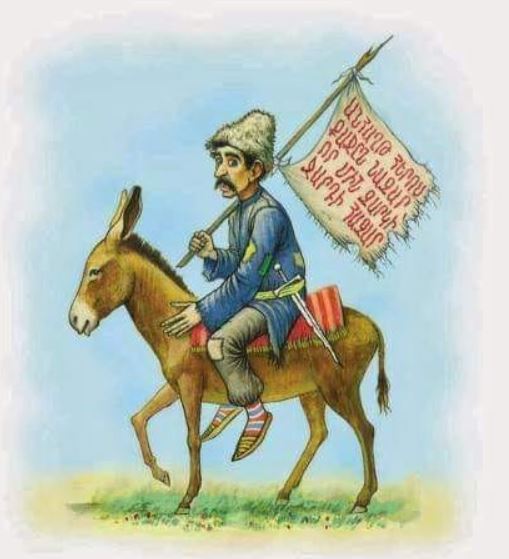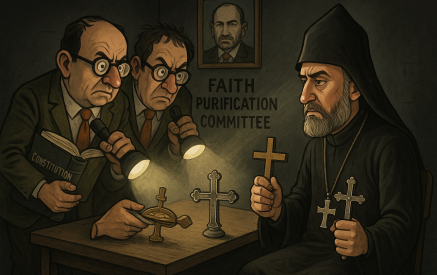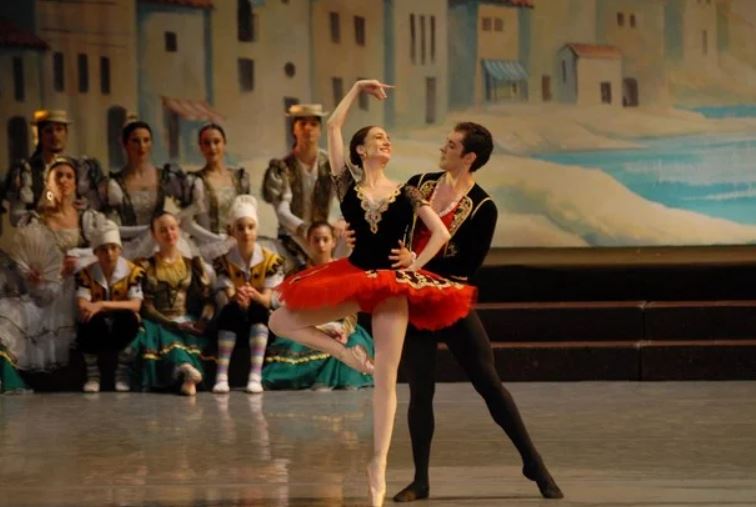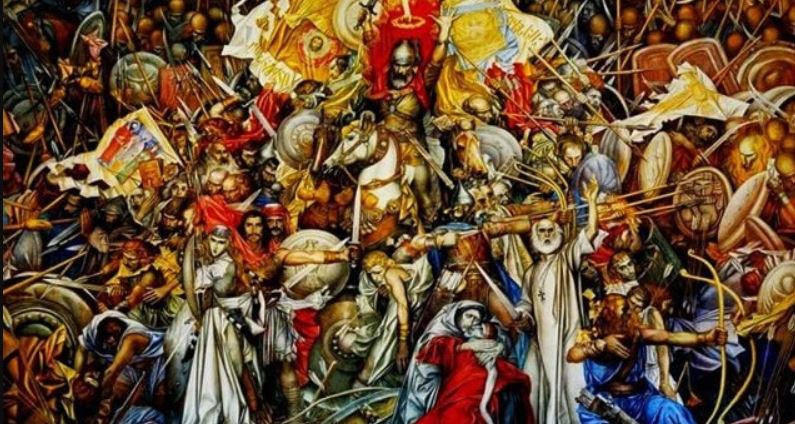A trickster is a hero of mythology, folklore, or literature, who can be a god, a demigod, a human or a human-like being, who differs from other people in some extraordinary abilities, perhaps “secret knowledge”, and who does his tricks and applies to breaking the accepted rules of the game and displaying unusual behavior. There is such a hero in the folklore of almost all nations. Among such folklore characters, the Italian Pulcinella or the Russian Ivan the Fool are perhaps the most recognizable to us.
But to better understand, let’s look at the main characters of famous literary masterpieces. Using the Russian literary critic Dmitry Bykov’s classification, let me list the main characteristics of literary “tricksters.” Take Don Quixote, Sherlock Holmes and Ostap Bender. All three die in the middle of their “life path” and then are reborn. Two of them wander physically and the third in a “mental-virtual” world (Holmes). Why? Because the same trick cannot be repeated in the same place.
The most important feature of the above “tricksters” is that all three have loyal friends who are significantly stupider than them, and their main characters regularly teach them wisdom. Why do we need Sancho Panza, Dr. Watson, and Shura Balaganov? Who do they embody? I think they embody us, the readers. After all, we don’t know what trick the main character will resort to, what it will lead to. Their “armor-bearers” are the uninformed masses who ask not-so-wise questions, and the juggling act is revealed through the dialogue between the “armor-bearers” and the main characters.
Now let’s try to answer the following question: who is the Armenian “trickster”? It is clear that it is not Davit of Sassoon, the adventures of the “trickster” cannot be 100% serious, there must be elements of genre imitation (parody), irony, and satire in those stories. Our “trickster” is Kaj Nazar, I think. He also goes on a journey, encounters various adventures (again imitating a knight’s novel) and manages to find such an explanation for any of his failures that everything seems quite “heroic.” And where is the loyal but not intelligent “armor” of our Brave Nazar? It seems to me that since we are a small nation, both qualities – “secret knowledge” and naive bewilderment about it – are summed up in one hero.
Read also
In Derenik Demirchyan’s play, Kaj Nazar’s wife, Ustiyan, “brings the main character to the surface” at the end. But that, it seems to me, is a Soviet “moralistic” conclusion. Everything is much more natural with Tumanyan, and it shows that Kaj Nazar is not so stupid. “They say that Kaj Nazar still lives and reigns to this day. And when they talk about courage, intelligence, and genius, he laughs and says, ‘What courage, what intelligence, what genius! They are all empty things. The thing is the luck of the person. Are you lucky? Have fun…’”
Aram Abrahamyan






















































